Monitoring
Here at UCL, we are developing advanced imaging techniques that provide clinicians with increasingly high-resolution images inside the body, allowing them to monitor patients’ progression of disease and response to therapy with greater accuracy than ever before.
Another great shift in monitoring health comes through the development of digital technologies that turn common mobile phones and wearable devices into accessible monitoring tools. Advancements in this area promise to revolutionise the care of patients with long-term conditions such as diabetes by allowing them to self-monitor and self-manage their conditions from the comfort of their own home.
The case-studies below offer a glimpse of the healthcare engineering research activity within monitoring at UCL. If you would like your research project to be featured here, please email healthcare-eng@ucl.ac.uk.
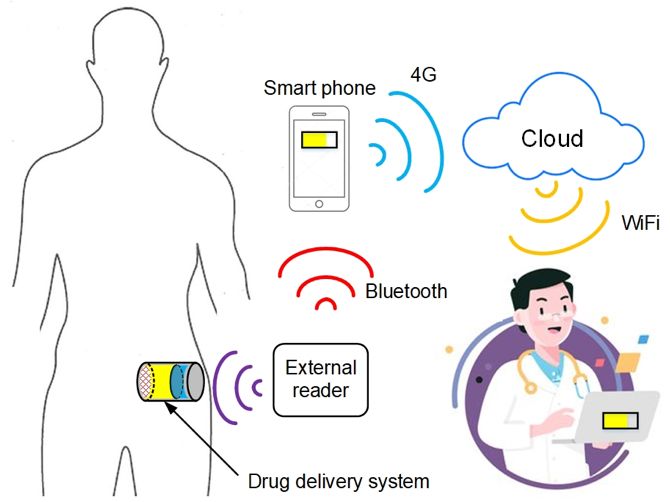
Implantable sensor to revolutionise drug delivery
A low-cost batteryless wireless dosage sensor can maximise drug efficacy.
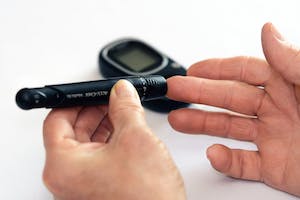
New online system empowers patients to self-manage their diabetes
The new HeLP-Diabetes system will provide patients with treatment advice and support.
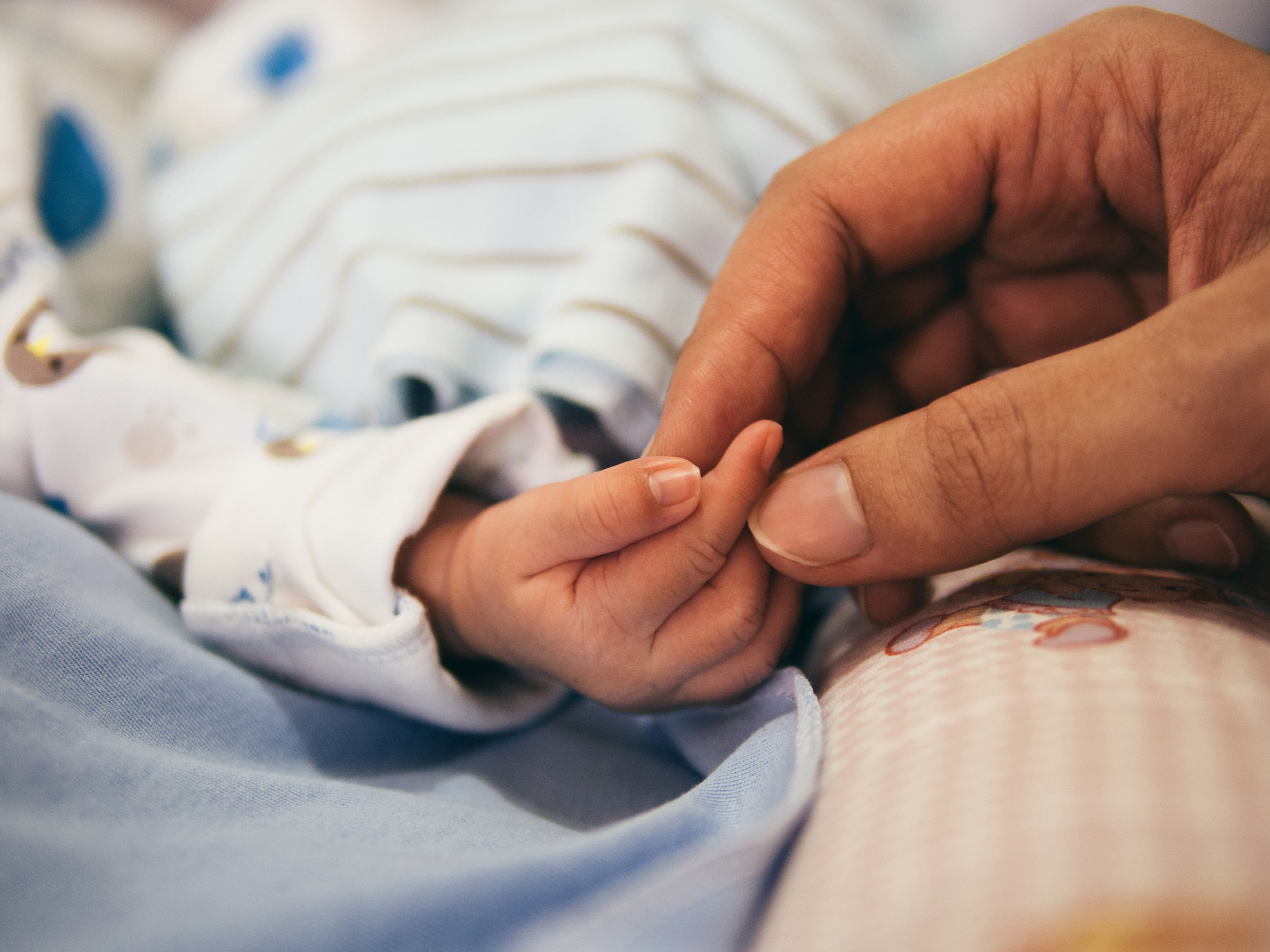
Light-based technique provides life-saving information in newborns
Metabolight can non-invasively diagnose and monitor brain injury in newborns
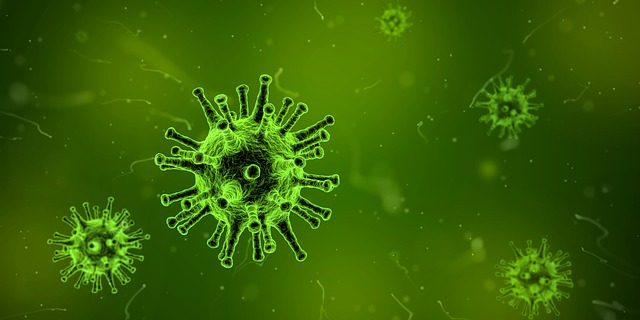
Researchers develop a 'GPS system' for tracking viruses
The tool can visualise viral outbreaks and bring them under control.
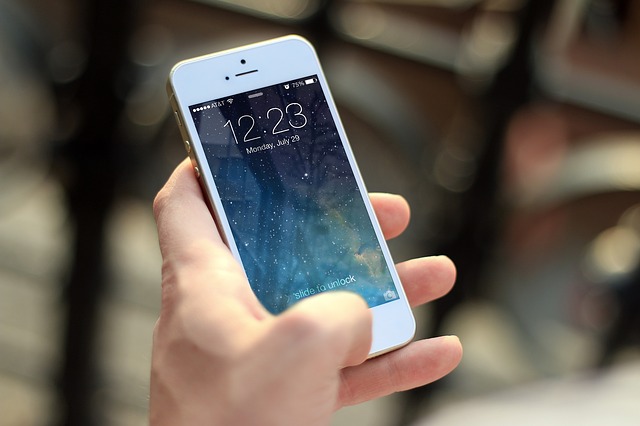
Smartphones help patients complete TB treatment
A smartphone app can increase the completion rate of TB treatment
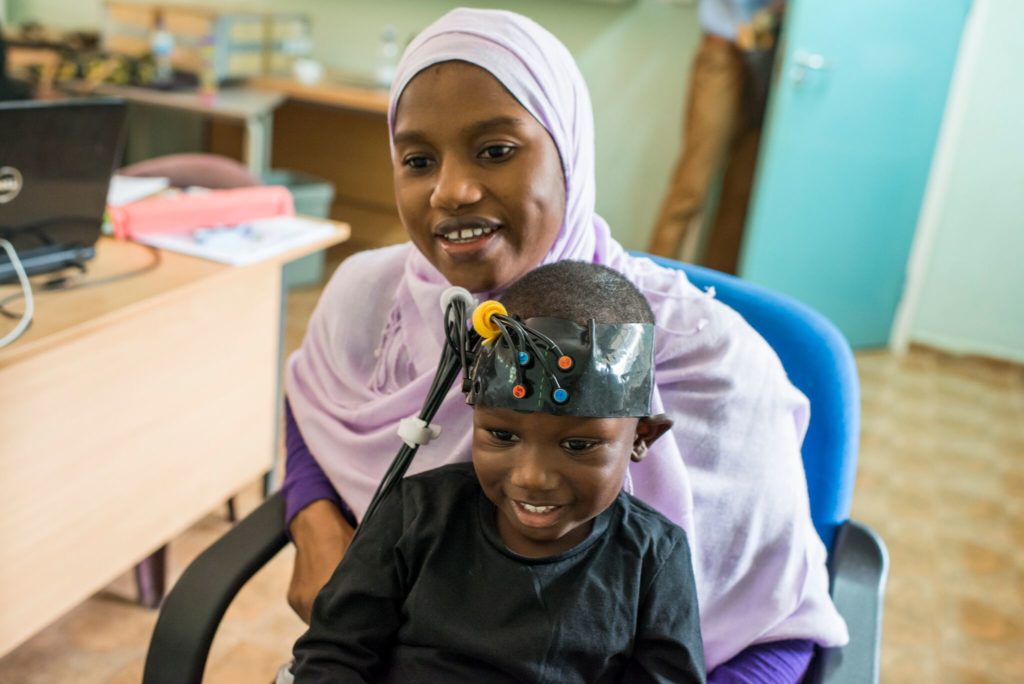
Shedding light on infant brain development
The BRIGHT project studies the effect that living in a low-resource environment has on children's brain
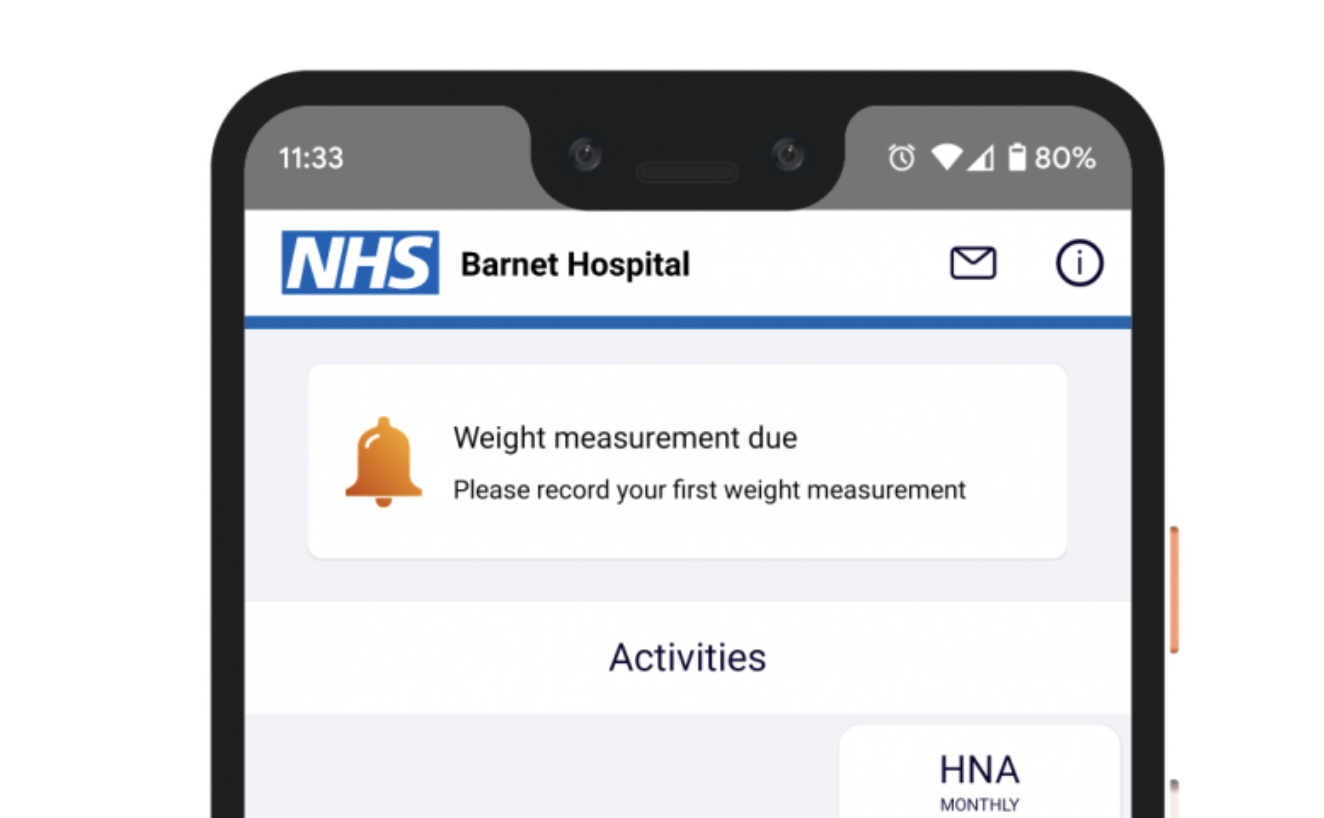
Mobile app helps cancer patients self-manage their journey
The app gives oesophageal cancer patients information about help with their illness.
 Close
Close

